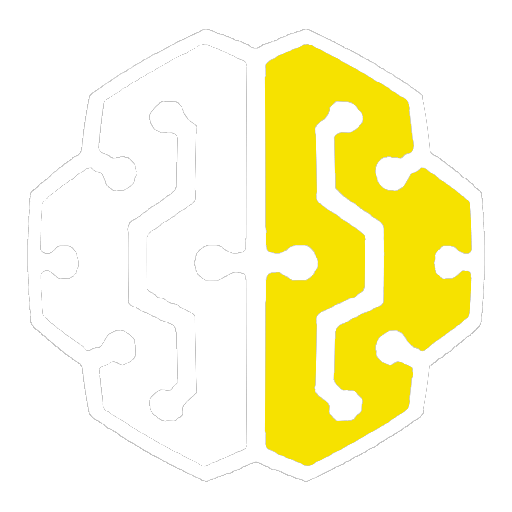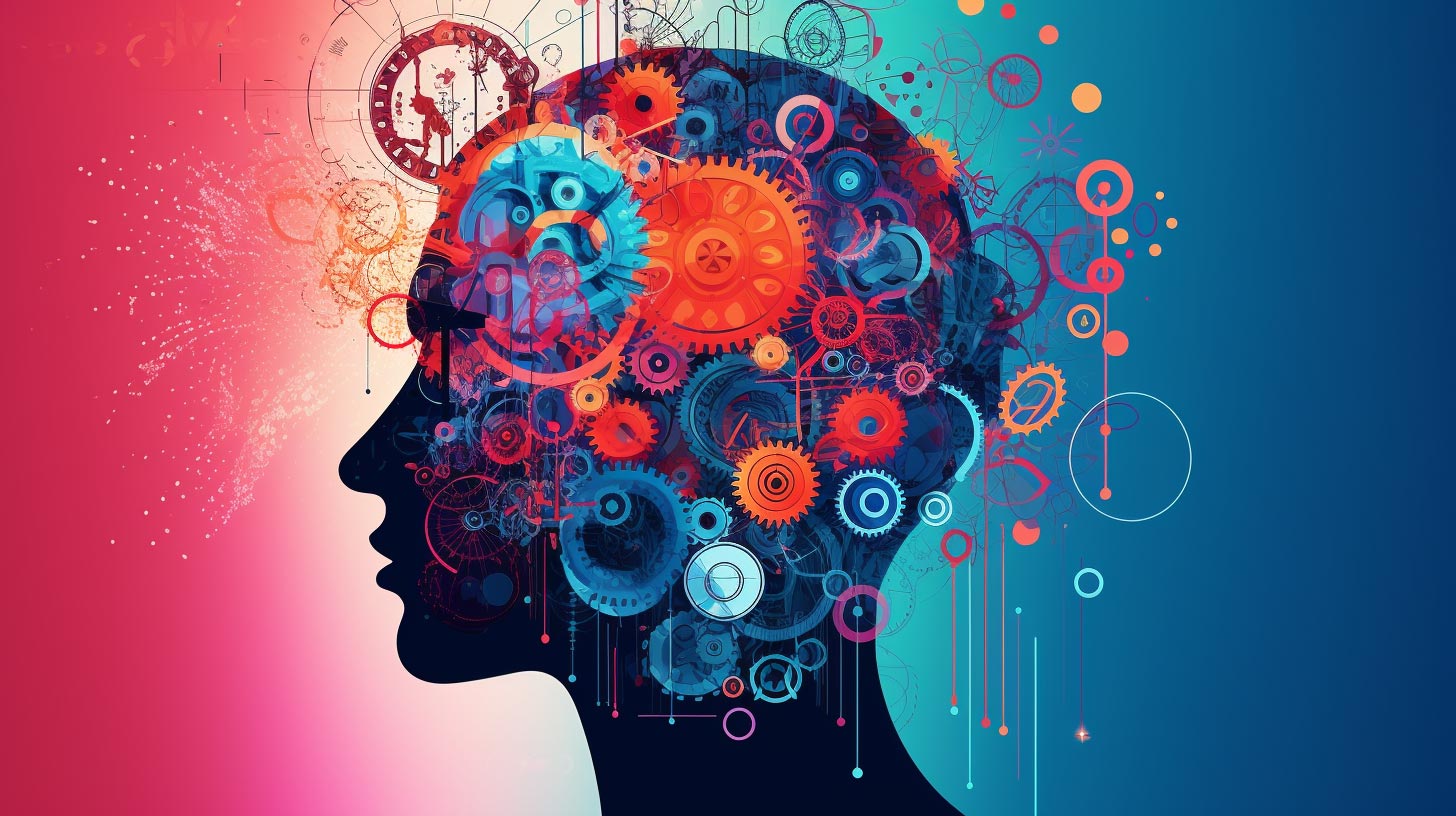In recent years, I’ve become increasingly fascinated by the potential of artificial intelligence (AI) in revolutionizing the way we approach personalized learning experiences.
Table of Contents
Through data analysis, adaptive learning technologies, and assistance in identifying student needs, AI has proven itself as a powerful tool in shaping education for the better.
In this article, we’ll delve into how AI is being utilized in these various aspects of personalized learning.
We’ll examine current applications as well as speculate on future possibilities for integrating AI technology into our educational systems.
By understanding and embracing the role that artificial intelligence can play in personalizing learning experiences, we can help ensure that every student receives the support they need to reach their full potential.
Key Takeaways
- AI has the potential to revolutionize personalized learning experiences by creating tailored learning paths for individual students and adapting content, instructional strategies, and pacing to suit each student’s unique needs.
- Adaptive learning technologies use AI algorithms to analyze student performance data and adjust instruction accordingly, providing personalized feedback and scaffolding to promote mastery of skills.
- AI-driven analytics empower teachers to make informed instructional choices and allocate resources effectively, pinpoint specific areas where a student is struggling or excelling, and optimize individualized lesson plans.
- Collaboration across disciplines is key to realizing the potential of AI in education, while remaining mindful of potential ethical concerns, to ensure that every student receives the support they need to reach their full potential and foster a more engaging and inclusive environment for all learners.
Data Analysis and Personalized Learning Paths
You know what’s fascinating? AI can analyze heaps of data to create tailored learning paths just for you, making education a truly personalized experience!
With the help of algorithms and advanced data analysis techniques, AI systems can quickly process information about your learning preferences, strengths and weaknesses, and previous experiences. This allows them not only to adapt the content but also to determine the most effective instructional strategies and pacing that suit your unique needs.
Moreover, by continually monitoring your progress in real-time, these AI-driven systems can dynamically adjust your learning path as needed. For example, if you’re struggling with a particular concept or skill, the system might provide additional resources or suggest alternative approaches to help you master it. On the other hand, if you’re excelling in a certain area, the system could challenge you with more advanced material to keep you engaged and motivated.
This constant feedback loop helps ensure that every learner receives an education tailored specifically for them while maximizing their potential for success.
As we’ve seen so far, data analysis plays a crucial role in creating personalized learning paths. However, it’s important to recognize that this is just one aspect of how artificial intelligence contributes to customized educational experiences.
Another key element lies in adaptive learning technologies innovative tools designed not only to deliver content but also assess student performance and make real-time adjustments based on individual needs. By seamlessly combining these two aspects data analysis and adaptive technology we’re able to harness the power of AI in transforming modern education into something more personal than ever before!
Adaptive Learning Technologies
Adaptive learning technologies are revolutionizing the educational landscape by tailoring instruction to each student’s unique needs and abilities, ensuring a more engaging and effective learning experience. These technologies leverage artificial intelligence (AI) algorithms to analyze students’ performance data, identify their strengths and weaknesses, and continually adjust the content, pace, and style of instruction accordingly.
By providing personalized feedback and scaffolding based on real-time assessment of individual learners’ progress, adaptive learning systems promote mastery of skills at each student’s own pace while keeping them engaged with the material.
One notable advantage of adaptive learning technologies is their ability to create dynamic learning pathways that respond to changes in students’ knowledge acquisition over time. This process fosters deeper understanding through targeted practice opportunities designed to address identified gaps or misconceptions in learners’ mental models.
As AI-powered tools become increasingly sophisticated in their ability to predict learner outcomes based on historical data patterns, they can also provide valuable insights into how different instructional strategies might impact achievement for diverse groups of students under various conditions.
The potential benefits of integrating adaptive learning technologies into contemporary education practices extend beyond just enhancing individual student experiences; they also support educators in making informed decisions about pedagogy and resource allocation. With AI-driven analytics at their fingertips, teachers can gain a clearer understanding of each student’s unique challenges and growth areas. This empowers them not only to fine-tune instructional approaches but also to allocate resources effectively for overall class success.
The next section will delve further into how these technologies assist educators in identifying specific student needs as part of this personalized approach to teaching and learning.
Assisting Educators in Identifying Student Needs
Imagine the profound impact on a teacher’s ability to truly connect with each student, understanding their unique needs and guiding them towards success that’s the power of adaptive learning technologies in education. By leveraging artificial intelligence (AI), educators can now better identify individual student needs, tailor instruction accordingly, and track progress more effectively.
This enables teachers to provide personalized feedback and support for each learner while also addressing gaps in knowledge or skills as they arise. With AI-driven data analytics tools at their disposal, educators can dive deep into student performance metrics, uncovering patterns and trends that may have otherwise gone unnoticed.
For instance, AI can help pinpoint specific areas where a student is struggling or excelling, allowing teachers to adjust lesson plans or provide targeted interventions in real-time. Furthermore, these insights can inform decisions about grouping students based on shared strengths or weaknesses in certain subjects or concepts. This level of specificity not only empowers teachers to make informed instructional choices but also fosters a more inclusive learning environment where all students feel seen and valued.
As we continue to explore the potential of AI in education, it’s crucial that we keep striving for new ways to enhance the teaching experience and ultimately improve outcomes for learners from all walks of life. As technology advances, there will undoubtedly be even more opportunities for AI to revolutionize personalized learning experiences whether through innovations like virtual tutors or by further refining the algorithms behind adaptive platforms themselves.
With so much potential at our fingertips, there hasn’t been a more exciting time to embrace these cutting-edge tools as we work together to build a brighter future for education worldwide.
Future Possibilities for AI in Education
In the not-too-distant future, envision yourself harnessing the power of AI to revolutionize education and create truly customized learning journeys for each student. As technology continues to advance, we can expect artificial intelligence to play an even more significant role in shaping personalized learning experiences.
By integrating AI-driven tools and techniques into the educational landscape, we’ll be able to provide students with tailored instructional content that adapts to their unique needs, preferences, and pace of learning. This will not only improve academic performance but also foster a more engaging and inclusive environment for all learners.
One exciting possibility is using AI algorithms to analyze vast amounts of data on students’ learning behaviors, cognitive abilities, and emotional states. This information could then be used by educators and AI systems alike to optimize individualized lesson plans, identify at-risk students who may need additional support or intervention, and develop effective strategies for addressing diverse learning styles.
Furthermore, AI-powered chatbots could serve as virtual tutors or mentors available 24/7, providing real-time feedback on assignments or answering questions outside of regular classroom hours. This would free up teachers’ time while ensuring that every student gets the assistance they need when they need it.
As we move forward in our pursuit of transforming education through artificial intelligence, it’s essential that we remain mindful of potential ethical concerns such as privacy issues related to data collection or exacerbating existing inequalities in access to quality education. That being said, there is no denying the immense potential of AI in creating a brighter future for learners worldwide—one where every student has an equal opportunity to thrive academically and personally through truly personalized learning experiences tailored specifically for them.
The key lies in collaborating across disciplines—including educators, technologists, policymakers—and working together towards this shared vision of educational equity driven by technological innovation.
Frequently Asked Questions
How can artificial intelligence ensure data privacy and security in personalized learning experiences?
I can ensure data privacy and security in personalized learning experiences by employing AI algorithms that anonymize user data, encrypt sensitive information, and follow strict access control policies for data storage.
What are the potential ethical concerns and limitations of using AI in creating personalized learning experiences for students?
I believe potential ethical concerns in using AI for personalized learning include data privacy breaches, biased algorithms, unequal access to resources, and overreliance on automation that may hinder critical thinking development.
How does AI in personalized learning experiences address the diverse needs of students with special needs or learning disabilities?
As an educator, I’ve observed that AI in personalized learning experiences can effectively address the diverse needs of students with special needs or learning disabilities by customizing content, pacing, and feedback for them.
What are the costs associated with implementing AI-powered personalized learning experiences in schools and educational institutions?
As an educator, I’ve found that the costs of implementing AI-powered personalized learning experiences can vary. Expenses may include software licensing, hardware upgrades, teacher training, and ongoing maintenance or subscription fees.
How can AI in personalized learning experiences be integrated with traditional teaching methods to ensure a balanced and holistic educational experience for students?
As an educator, I’d integrate AI-driven personalized learning tools with traditional teaching methods by combining individualized content delivery, real-time feedback, and collaborative classroom activities to foster a well-rounded educational experience.
Conclusion
In conclusion, I’ve found that AI plays a significant role in creating personalized learning experiences for students.
Through data analysis and adaptive learning technologies, educators can cater to individual needs and foster an engaging learning environment.
As we look towards the future, AI’s potential in education is vast.
By continuing to develop these tools and strategies, we can revolutionize how students learn and help them reach their full potential.







Pingback: The Rise Of AI In E-Learning: Benefits And Challenges - With AI you can